Thailand’s unreliability as broker makes peace even more elusive in Myanmar
Thailand’s efforts to mediate the peace in Myanmar are complicated by the kingdom’s extensive interests in the country.
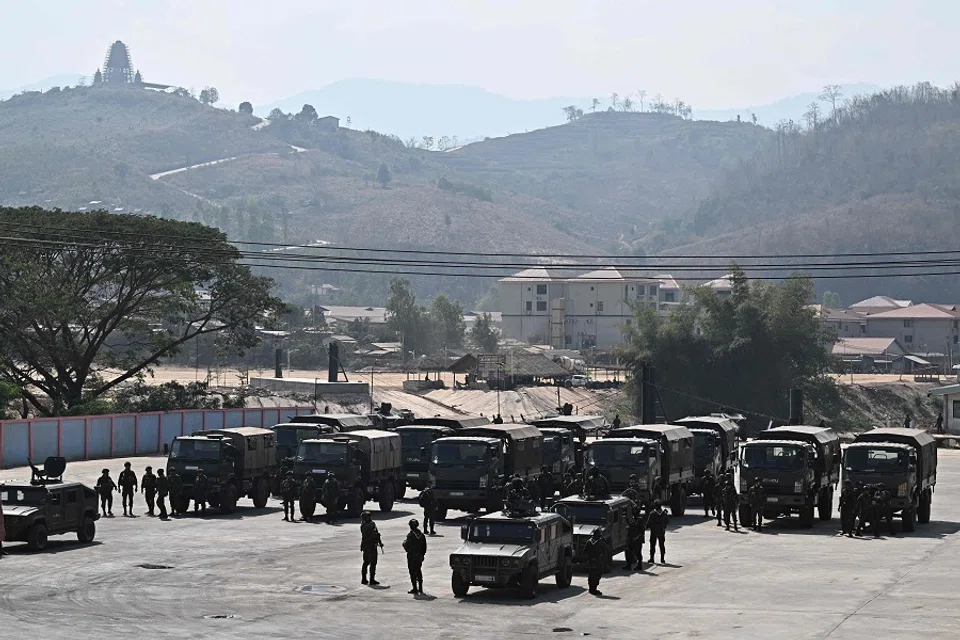
Following a February meeting between Thailand’s foreign minister and Myanmar’s junta leader, Thailand has become more involved in seeking peace in Myanmar and bringing order to the Thai-Myanmar frontier. Still, Thailand might be an unreliable mediator, and its competing interests in Myanmar could complicate peace efforts.
On the surface, Thailand has sought to prioritise ASEAN’s Five-Point Consensus Peace Plan, a strategy which Bangkok agreed to help lead. However, the kingdom’s interests in Myanmar render it reluctant to support the plan. Since 1994, Bangkok has had informal and normalised ties with Myanmar’s military dictatorship. The kingdom is a leading investor in Myanmar and a significant trading partner. Thailand’s political and economic stakeholders, which have close ties with Myanmar’s armed forces, are also averse to peace in Myanmar.
Myanmar’s situation, Thailand’s response
Recent events in Myanmar have forced Thailand to act. Four years after the 2021 military coup, Myanmar is a failed state embroiled in civil war. The Myanmar junta has carried out atrocities against civilians and stepped up the enforcement of conscription. The country’s resistance forces have chalked up a string of victories against the junta. In April 2024, for example, the Karen Border Guard Force briefly took over the Myawaddy border town. This dented the frontier trade with Thailand and increased the number of war-weary refugees entering the kingdom.
China, which views Thailand as its sturdiest and most trustworthy partner in mainland Southeast Asia, wants to protect Chinese interests in the frontier between Myanmar and Thailand.
By mid-2024, illicit enterprises had sprung up along the Thai-Myanmar border, in Myawaddy at Shwe Kokko and Yatai City. These “businesses”, which have “grey” Chinese investors and operators, attracted global attention for using slave labour, including Chinese citizens forced to work in entertainment and scam call centres. Such frontier anarchy compelled Thailand to seek peace in Myanmar.
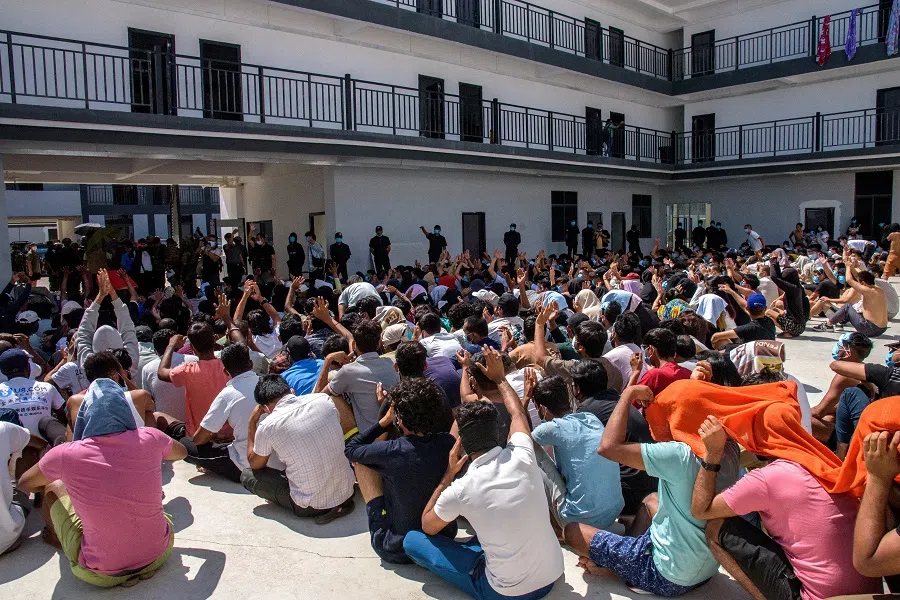
The Pheu Thai (PT) government’s formal efforts commenced lackadaisically in late 2023. In April 2024, Thailand sought to kickstart dialogue between resistance elements and the junta. Former premier Thaksin Shinawatra, as the shadow representative of PT, and Prime Minister Paetongtarn Shinawatra began meeting with the dissident National Unity Government (NUG) and ethnic armed organisations (EAOs). Nevertheless, most EAOs see Thaksin as siding with Myanmar’s military.
Despite its conflicting interests, parallel talks promoted by Thailand have continued for two reasons.
Support from Beijing
First, Beijing has strongly supported Thailand in peace talks between Myanmar’s junta and insurgent groups. China, which views Thailand as its sturdiest and most trustworthy partner in mainland Southeast Asia, wants to protect Chinese interests in the frontier between Myanmar and Thailand. These interests include enhancing China’s economic stability, protecting its citizens, and expanding its military interests.
... Thailand’s five major banks and several large Thai corporations possess pro-military interests in Myanmar.
Beijing supports peace in Myanmar to safeguard its Belt and Road Initiative projects, including the Myanmar-China Oil and Gas Pipeline. For some time, Thailand dragged its feet on the issue of call centres along the border. In the end, China pressured the PT government (and Thaksin) to compel Karen Border Guard Force head Saw Chit Thu to free thousands of call centre slaves, with an emphasis on those from China. Thailand also got him to cut electricity to these facilities. Beijing has also used the crackdown on call centres as a pretext to expand its security footprint abroad. In this case, it created joint law enforcement centres in Thailand and Myanmar.
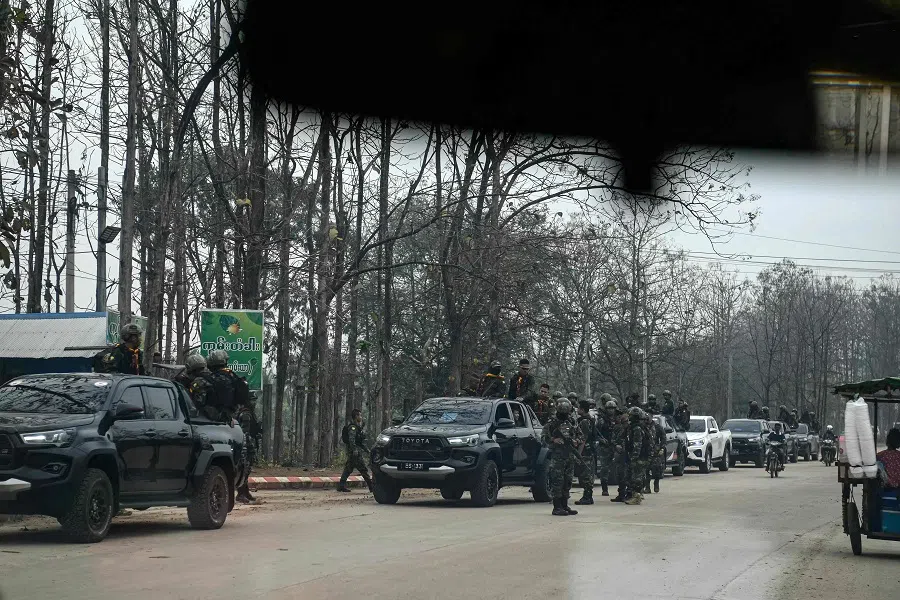
Second, Malaysia’s assumption of the ASEAN chair and Prime Minister Anwar Ibrahim’s subsequent appointment of Thaksin as his special adviser on the grouping’s affairs influenced PT to support the bloc’s multilateral efforts in Myanmar. This, however, illustrates partial though informal support by some ASEAN state leaders (Malaysia and perhaps, Brunei) for Thaksin. Neither Myanmar’s EAOs nor the NUG has accepted him as the conflict mediator. Moreover, it is doubtful how much sway Malaysia has with the EAOs.
It remains to be seen whether Thailand’s mediation efforts in Myanmar will bear fruit. In supporting ASEAN’s efforts in Myanmar, PT prioritised the grouping’s interests over Thailand’s bilateral interests. Moreover, Thailand is not an impartial arbitrator given its entrenched interests in Myanmar. As opposed to progressive academics and politicians, most Thai stakeholders dealing with Myanmar have preferred the status quo of ”business as usual” with Myanmar’s military. Indeed, Thailand’s five major banks and several large Thai corporations possess pro-military interests in Myanmar.
Thailand’s interests in Myanmar
For his part, Thaksin has sought to invest in Myanmar’s Dawei Port and partnered with senior military officials in economic projects. Chian Kulachet Sangiamponsa, the son of Maris Sangiampongsa, is a director of the Hlaing Sang Company, which is linked to the Myanmar military (the latter was Thaksin’s former attorney and is now the kingdom’s foreign minister). General Songwit Noonpackdee, the commander of Thailand’s Armed Forces headquarters, has sat on the board of directors of Bangchak, a Thai energy company which cooperates with the Myanmar military.
Thai military and police officials deployed along the border have also allegedly turned a blind eye to frontier criminality. To compound matters, they could have participated in such activities and made a profit in the process.
Meanwhile, Thailand’s security force units work with different partners in Myanmar’s military. Technically, these units operate under the Thai government, but they compete in Myanmar. Because these units are not privy to Thaksin’s peace talks, they could hinder the implementation of an eventual agreement.
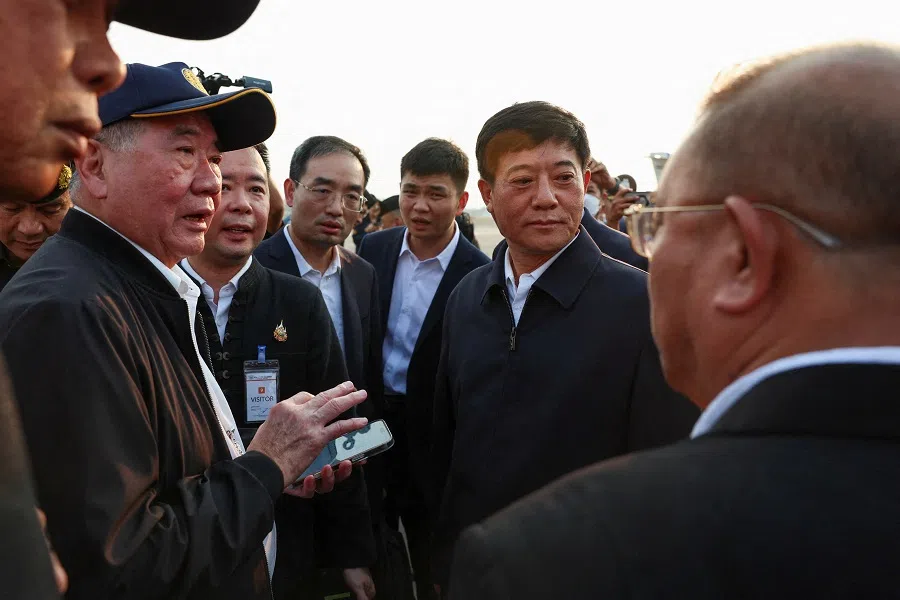
Thai military and police officials deployed along the border have also allegedly turned a blind eye to frontier criminality. To compound matters, they could have participated in such activities and made a profit in the process. These parties could also stand in the way of peace.
On the surface, Thailand has sought to show that it supports peace in Myanmar and the resolution of issues stemming from the civil war there. Separately and together, Maris and Songwit have met Myanmar’s General Min Aung Hlaing and his officials regularly. They have stressed Thailand’s desire to resolve the problems of Thai-Myanmar border friction and frontier crime. They have also encouraged peace talks between the junta and the resistance in Myanmar. A senior Thai military source told this author that these forums were meant to pave the way for informal mediative talks brokered by Thaksin.
It appears that PT has agreed to keep Thaksin at the forefront of ASEAN peace efforts regarding Myanmar. Some ASEAN leaders have also informally agreed to do so. But even with support from China, it would be a tall order for Thaksin and Thailand to stabilise the Thai-Myanmar border. This would involve terminating the threat posed by call centre scams while impartially initiating and sustaining a dialogue. A durable peace in Myanmar should sufficiently satisfy the interests of all principal players within and outside Myanmar. In the end, the most probable outcome is a temporary cessation of the scams and hostilities.
This article was first published in Fulcrum, ISEAS – Yusof Ishak Institute’s blogsite.

![[Big read] Paying for pleasure: Chinese women indulge in handsome male hosts](https://cassette.sphdigital.com.sg/image/thinkchina/c2cf352c4d2ed7e9531e3525a2bd965a52dc4e85ccc026bc16515baab02389ab)
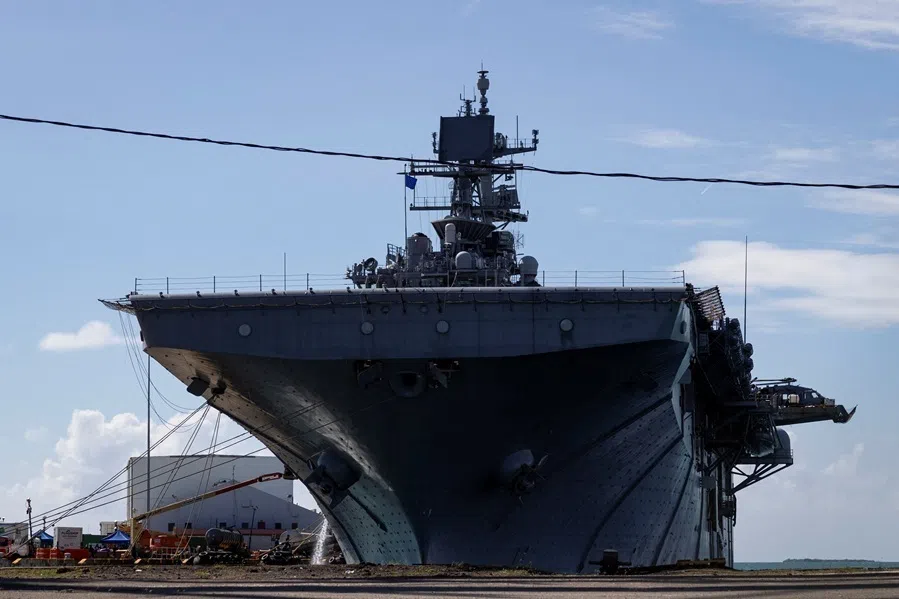

![[Big read] How UOB’s Wee Ee Cheong masters the long game](https://cassette.sphdigital.com.sg/image/thinkchina/1da0b19a41e4358790304b9f3e83f9596de84096a490ca05b36f58134ae9e8f1)
